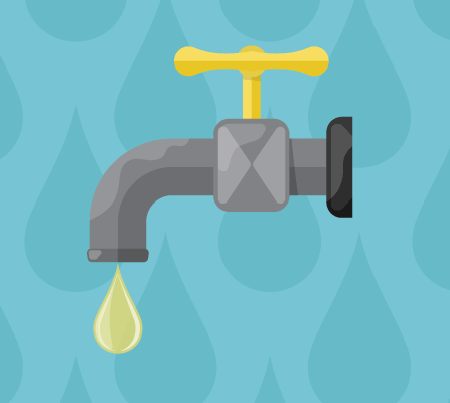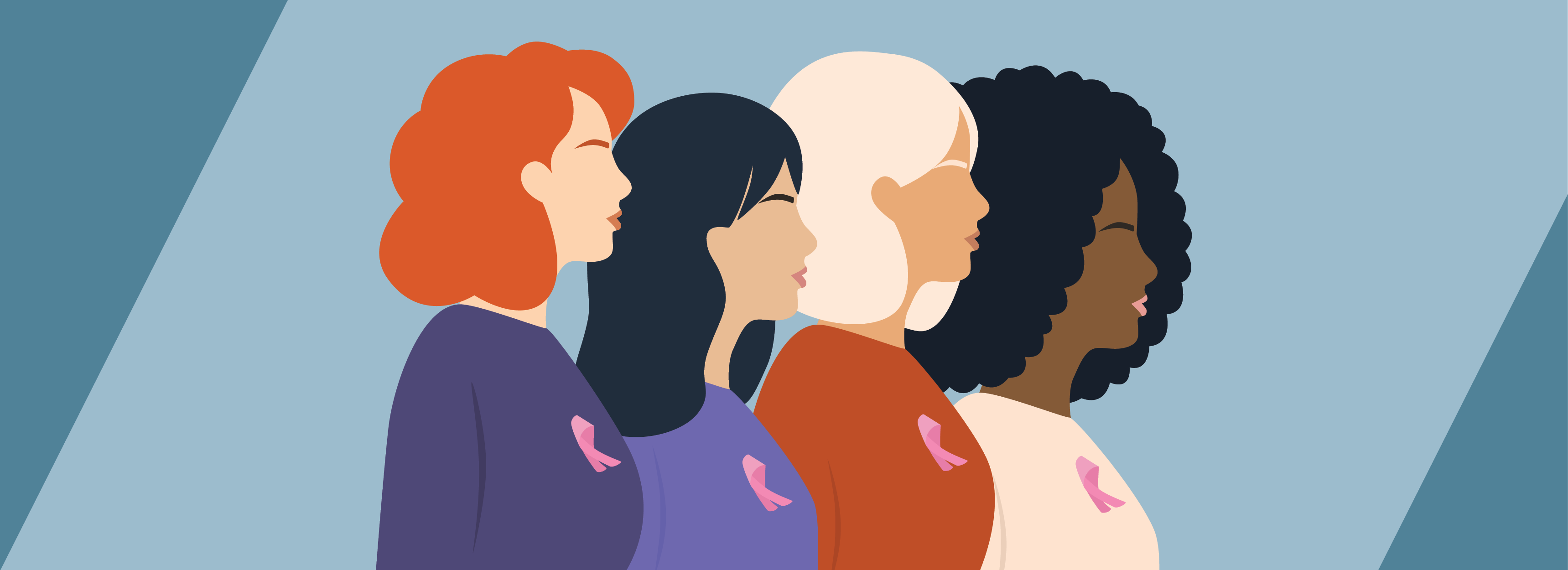 It’s one of those things that people don’t talk about. In some cases, years can pass before a husband or wife finds out their spouse has urinary incontinence.
It’s one of those things that people don’t talk about. In some cases, years can pass before a husband or wife finds out their spouse has urinary incontinence.
Holding you hostage
Urinary incontinence is defined in, clinical terms as the loss of urine control, or the inability to hold your urine until you can reach a restroom.
But to someone who suffers from it, incontinence can be much worse. Incontinence can hold you hostage, leaving you afraid of doing things you enjoy with people you know.
Imagine this scenario: you’re on vacation, part of a group of men and women hiking in a remote location. The sudden urge hits and you have to urinate RIGHT NOW.
Of course there’s no restroom or other facilities offering privacy. What do you do? You do the only thing you can and let some of the leaking urine out. It’s a classic case of urge incontinence.
Millions suffer from incontinence
“Incontinence can have a huge impact on a person’s quality of life,” said Dr. Dustin Pagoria, a Marshfield Clinic urologist. “Aside from the shame caused by a wet spot on your clothes, it is very smelly, uncomfortable and unhealthy to have urine on your skin.”
It may surprise you to know that about 25 million Americans are experiencing chronic or temporary urinary incontinence. But again, that number could be way off because it’s something people don’t talk about.
Treatments for incontinence vary
While some cases are treated successfully, others remain stubborn.
Treatment under the direction of a urologist like Pagoria can include behavioral therapies to essentially train your bladder, and pelvic muscle rehabilitation, including Kegel exercises, to improve your pelvic muscle tone.
Other forms of treatment can be helpful in certain situations.
“We can perform biofeedback to help patients gain awareness and control of their pelvic muscles, and as a result attain better urinary control,” Pagoria said. “We also have the option of using electrical stimulation to direct mild electrical pulses to the affected area.”
Medications are often helpful, as are diet modifications such as eliminating caffeine.
Many patients with incontinence use specifically designed absorbent underclothing that is no more bulky than normal underwear. In many cases, you can wear them easily under everyday clothing.
For more information, or to find a urologist, visit our urology specialty page.






Leave a Reply